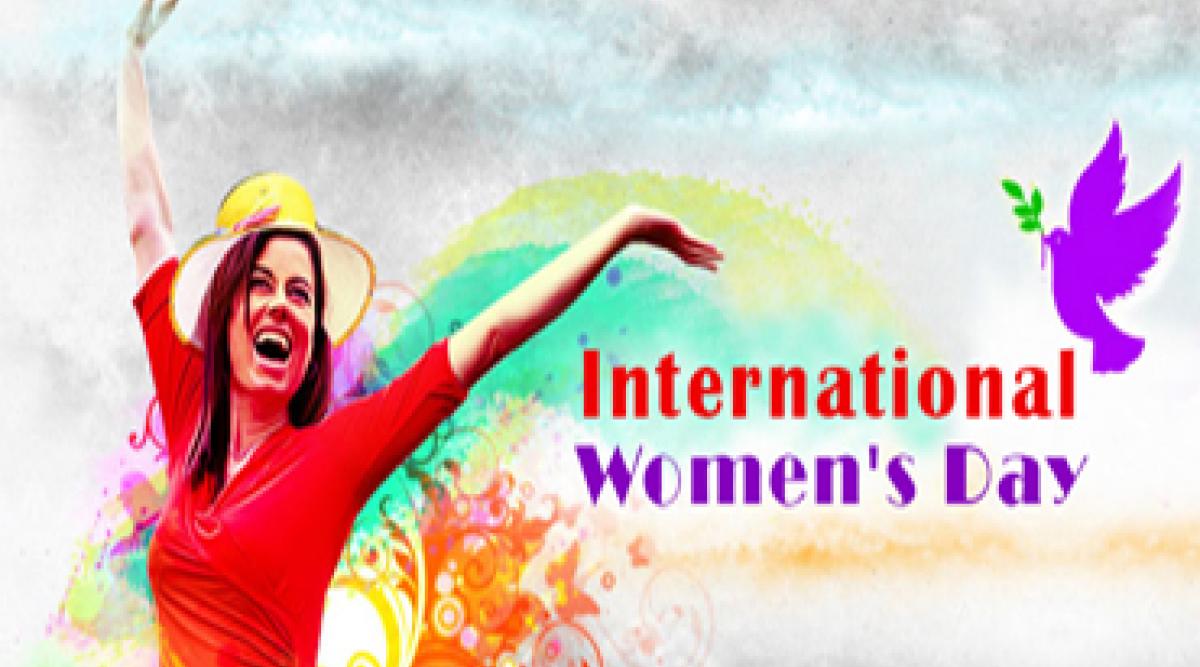As the world celebrates International Women’s Day, KHRG calls on the Myanmar government and the Karen National Union to take strong measures to ensure that women and men enjoy equal rights. Although Myanmar has been party to the Convention on the Elimination of All Forms of Discrimination Against Women (CEDAW) since 1997, its successive governments have failed to take the necessary steps to ensure its full implementation. As a result, the rights of millions of women continue to be violated there on a daily basis. KHRG has worked towards ensuring that women’s rights are respected in Southeast Myanmar, including by taking part in the 64th session of the Committee on the Elimination of Discrimination Against Women in 2016.
In Myanmar, gender inequality begins at birth. Harmful gender stereotypes remain pervasive and pave the way for multiple forms of discrimination that prevent most women from reaching their full potential. Women are still depicted as caregivers and viewed as unfit for leadership positions, as highlighted by their scarce presence in politics. Although they make up 52% of the population, they only account for around 10% of the members in both national and regional legislatures. The underrepresentation of women at the highest levels of public life prevents any fundamental push for more gender equality, as the political agenda is still set by a male-dominated establishment.
In Southeast Myanmar, rural communities often struggle to access education due to the lack of public resources and school facilities. This situation disproportionately affects girls, as parents are often afraid to send their daughters to distant schools for fear of sexual assault along the way. Given that most middle and high schools are located in cities, many Karen girls are therefore unable to continue their education past the primary level. In addition, they are not actively encouraged to seek education or employment, which contributes to their economic marginalisation, prevents them from stepping out of poverty and further undermines their enjoyment of human rights.
Gender inequality also manifests itself in the form of sexual violence against women, which remains a persistent and underreported problem in Southeast Myanmar. Due to a culture of victim-blaming, survivors grapple with stigma within their communities, and those who report their case face many barriers in accessing justice. This situation is enabled by a climate of impunity and a weak, outdated legal framework. Marital rape is not yet criminalised unless the victim is under 15, and the country lacks a comprehensive and victim-centred support system for victims of gender-based violence. Although the National League for Democracy repeatedly promised to adopt a much needed Protection and Prevention of Violence against Women Bill, it has yet to deliver.
Myanmar is currently implementing a National Strategic Plan for the Advancement of Women 2013-2022 (NSPAW), but this Plan has been criticised by civil society organisations for failing to address the root causes of gender inequality. The time has come to amend the NSPAW to align it with the CEDAW and establish strong mechanisms to ensure its full implementation. KHRG also urges the Myanmar government to speed up the adoption of a Protection and Prevention of Violence against Women law in line with international standards, and to work with the KNU to ensure its full implementation in Southeast Myanmar. According to KHRG Programme Director Naw Htoo Htoo: “The longer we wait to adopt the law, the more we put women at risk of human right violations. The government must live up to its promises and ensure full protection and equality for women.”


